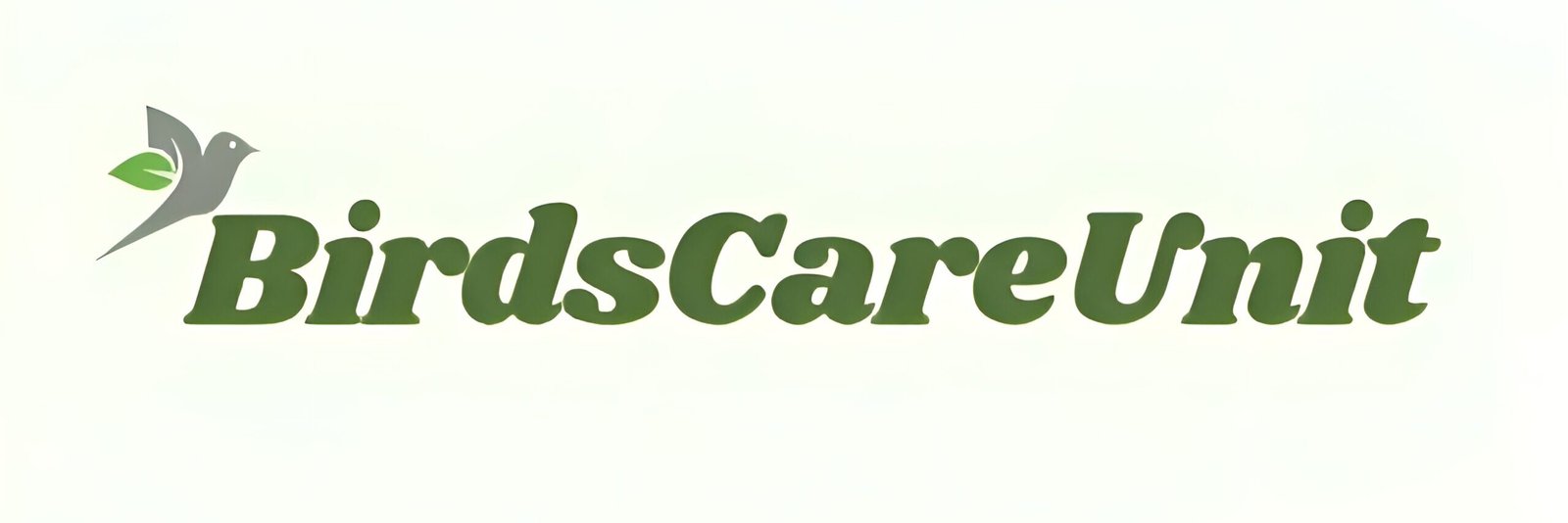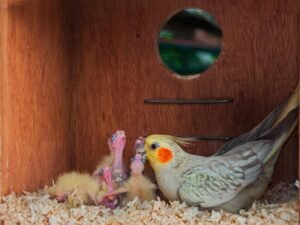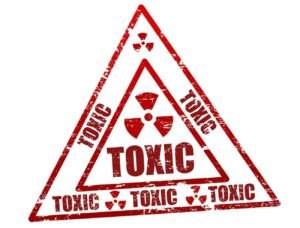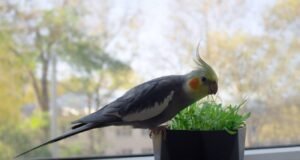Best Seed Mix for Cockatiel
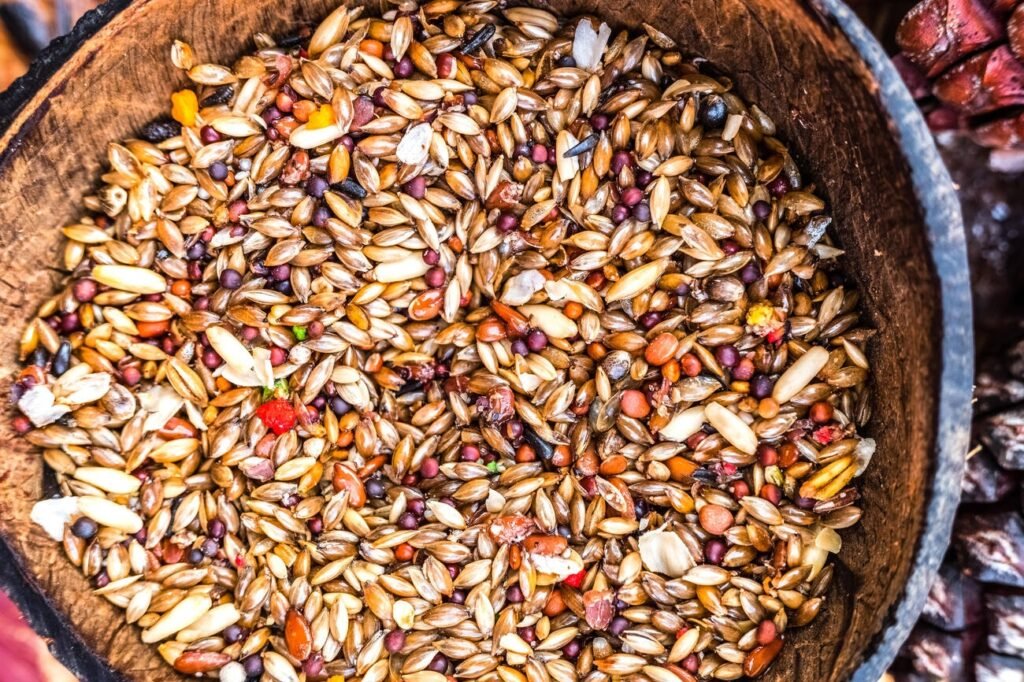
I have some cockatiels in my home, along with other pet birds like lovebirds, parakeets, and a Barbary dove. I have well-experienced knowledge about cockatiel food. Here, I will discuss the best seed mix for cockatiels to ensure the best results. It also keeps them healthy and proactive.
Understanding Cockatiel Nutrition
Before we talk about choosing the right seed mix, let’s explore what makes up a balanced diet for cockatiels. Understanding their nutritional needs will help you make informed choices about their food.
1. Nutritional Needs of Cockatiels
Cockatiels are small parrots that require a diet rich in various nutrients to maintain optimal health. Here’s a breakdown of what they need:
a. Proteins
Proteins are essential for growth, feather development, and overall body function. Cockatiels get their protein primarily from seeds, but other sources include:
- Legumes: Beans and lentils are excellent protein sources.
- Nuts: Almonds and walnuts provide additional protein, though they should be given in moderation due to their high-fat content.
b. Fats
Fats are crucial for energy and maintaining healthy skin and feathers. However, excessive fat can lead to obesity and related health issues. Sources of healthy fats include:
- Sunflower Seeds: Rich in fats and should be given in moderation.
- Flaxseeds: Provide omega-3 fatty acids, beneficial for heart health.
c. Carbohydrates
Carbohydrates provide energy and aid in digestion. Seeds like millet are high in carbohydrates. Other sources include:
- Whole Grains: Brown rice and quinoa can be added to their diet.
- Fruits: Many fruits contain natural sugars that provide carbohydrates.
d. Vitamins and Minerals
Cockatiels need a variety of vitamins and minerals for their overall health. Key vitamins and minerals include:
- Vitamin A: Essential for vision, immune function, and skin health. Found in vegetables like carrots and sweet potatoes.
- Calcium: Vital for bone health and egg production. Sources include leafy greens and calcium supplements.
- Vitamin D: Helps in calcium absorption. Cockatiels can get Vitamin D from sunlight and fortified foods.
2. Types of Food for Cockatiels
To meet all these nutritional needs, cockatiels benefit from a varied diet. Here’s a closer look at the types of food you should include:
a. Seeds
Seeds are a staple in a cockatiel’s diet, but they should not be the sole source of nutrition. Here’s a breakdown of different types of seeds:
- Millet: A favorite among cockatiels, millet is high in carbohydrates and provides some proteins.
- Sunflower Seeds: High in fat and should be given in moderation. They are also a good source of Vitamin E.
- Safflower Seeds: Lower in fat compared to sunflower seeds and are a healthier option.
- Flaxseeds: Rich in omega-3 fatty acids, which are beneficial for heart health and feather quality.
b. Pellets
Pellets are specially formulated to provide a complete diet. They are often enriched with vitamins and minerals that might be missing from seeds alone. Choosing high-quality pellets ensures that your cockatiel receives a balanced diet.
c. Fresh Fruits and Vegetables
Fresh produce provides essential vitamins and minerals. Here are some fruits and vegetables that are good for cockatiels:
- Fruits: Apples, pears, berries, and bananas. Avoid avocado, as it’s toxic to birds.
- Vegetables: Carrots, leafy greens (like spinach and kale), and bell peppers.
d. Grains and Nuts
These should be offered in moderation but can be a good source of extra protein and healthy fats:
- Whole Grains: Brown rice, oatmeal, and quinoa.
- Nuts: Almonds and walnuts.
3. Importance of Variety
Providing a variety of foods helps ensure that your cockatiel gets a well-rounded diet and prevents dietary boredom. A mix of seeds, pellets, fresh produce, and occasional treats can keep your cockatiel healthy and engaged.
Factors to Consider When Choosing Seed Mixes
When it comes to seed mixes, not all are created equal. Here’s a detailed guide on what to look for:
1. Quality Ingredients
High-quality seeds should be free from mold and contaminants. Here’s what to look for in a seed mix:
- Millet: A primary ingredient in many seed mixes, it should be clean and free of dust.
- Sunflower Seeds: Look for whole seeds rather than broken pieces, which may indicate lower quality.
- Safflower Seeds: Should be plump and free from debris.
- Flaxseeds: Ensure they are fresh and not rancid.
Avoid mixes with excessive fillers like cracked corn or other low-nutrition seeds. Fillers can dilute the nutritional value of the mix.
2. Nutritional Content
Choose seed mixes that are fortified with essential vitamins and minerals. Look for:
- Fortified Pellets: Many high-quality seed mixes include pellets enriched with vitamins and minerals.
- Added Nutrients: Some mixes include extra calcium and Vitamin D.
3. Freshness
Freshness is key to maintaining the health of your cockatiel. Here’s how to ensure you’re getting fresh seeds:
- Packaging: Opt for seed mixes that come in airtight containers.
- Storage: Store seeds in a cool, dry place to prevent them from going stale.
- Expiration Date: Always check the expiration date on the packaging.
4. Diversity
A good seed mix should include a variety of seeds to provide different nutrients. Look for mixes that offer:
- Different Seed Types: A combination of millet, sunflower, safflower, and other seeds.
- Supplemental Ingredients: Some mixes include dried fruits or vegetables.
Top Seed Mixes for Cockatiels
Choosing the right seed mix can be overwhelming with so many options available. Here’s a list of top seed mixes that are highly recommended for cockatiels:
1. Brand A Cockatiel Seed Mix
Description: This premium blend features a balanced combination of millet, safflower seeds, and vitamin-enriched pellets.
Why It’s Great:
- Balanced Nutrition: Includes a mix of seeds and fortified pellets.
- Variety: Offers a range of seeds for a diverse diet.
- Quality Ingredients: Made with high-quality, fresh seeds.
Considerations: Some cockatiels may need time to adjust to the pellets if they are not used to them.
2. Brand B Nutri-Berries Cockatiel Food
Description: Nutri-Berries are unique, berry-shaped treats that combine seeds, grains, and essential nutrients.
Why It’s Great:
- Fun and Engaging: Encourages natural foraging behavior.
- Nutrient-Rich: Includes a blend of seeds and added nutrients.
- Variety: Comes in different flavors to keep your cockatiel interested.
Considerations: These should be used as a treat or supplement rather than the primary diet.
3. Brand C Organic Cockatiel Seed Mix
Description: An organic seed mix free from pesticides and preservatives, ideal for health-conscious bird owners.
Why It’s Great:
- Organic Quality: Made from organic ingredients.
- No Chemicals: Free from harmful pesticides and additives.
- Pure Nutrition: Provides high-quality nutrition without artificial ingredients.
Considerations: Organic options may be pricier but are worth the investment for added health benefits.
Feeding Guidelines and Tips
To ensure your cockatiel thrives, follow these feeding guidelines and tips:
1. Portion Control
Proper portioning helps prevent overfeeding and maintains a healthy weight. Here’s how to manage portions:
- Daily Amount: Provide a balanced mix of seeds and pellets. A general guideline is about 1-2 tablespoons of seeds and a similar amount of pellets per day.
- Monitor Weight: Regularly check your cockatiel’s weight and adjust portions as needed.
2. Variety is Key
Incorporate a variety of foods to meet nutritional needs and keep your cockatiel entertained:
- Mix Seeds and Pellets: Provide a combination to cover all nutritional bases.
- Fresh Produce: Offer a selection of fruits and vegetables daily.
- Treats: Use treats like Nutri-Berries sparingly to avoid overloading on calories.
3. Fresh Water
Always provide fresh, clean water. Water is essential for digestion and overall health. Change the water daily and clean the water dish regularly to prevent bacteria growth.
4. Observe and Adjust
Keep an eye on your cockatiel’s health and behavior. Changes in appetite, droppings, or feather quality can indicate dietary issues. Consult with an avian vet if you notice any concerns.
5. Regular Cage Cleaning
Maintain a clean feeding area to ensure your cockatiel’s health. Clean the cage and food dishes regularly to prevent contamination and disease.
Additional Tips for a Happy and Healthy Cockatiel
Besides a balanced diet, there are other aspects of care that contribute to your cockatiel’s well-being:
1. Social Interaction
Cockatiels are social birds that need interaction. Spend time playing, talking, and bonding with your bird daily. Social stimulation helps prevent boredom and promotes mental health.
2. Enrichment
Provide toys and activities to keep your cockatiel mentally and physically stimulated:
- Chew Toys: Offer wooden or rope toys to satisfy their natural chewing instincts.
- Foraging Toys: Hide food or treats in toys to encourage foraging behavior.
3. Health Checkups
Regular vet checkups are essential for monitoring your cockatiel’s health:
- Annual Visits: Schedule yearly visits with an avian vet to check for any health issues.
- Monitor Behavior: Watch for signs of illness or changes in behavior and seek veterinary advice if needed.
4. Safe Environment
Ensure your cockatiel’s environment is safe and comfortable:
- Cage Size: Provide a spacious cage with plenty of room to move around.
- Perches and Toys: Include various perches and toys to encourage exercise and mental stimulation.
- Avoid Toxic Plants: Keep your cockatiel away from toxic plants and chemicals.
5. Training and Socialization
Training your cockatiel can be rewarding and beneficial for their behavior:
- Basic Commands: Teach simple commands like “step up” to build a strong bond.
- Positive Reinforcement: Use treats and praise to encourage good behavior.
Conclusion
Providing the right diet and care for your cockatiel involves understanding their nutritional needs and choosing high-quality food. A balanced diet of seeds, pellets, fresh fruits, and vegetables, combined with proper portion control and variety, will keep your cockatiel healthy and happy. The seed mixes discussed in this guide offer great options for meeting your cockatiel’s nutritional needs, but remember that a varied diet and regular care are key to their well-being.
